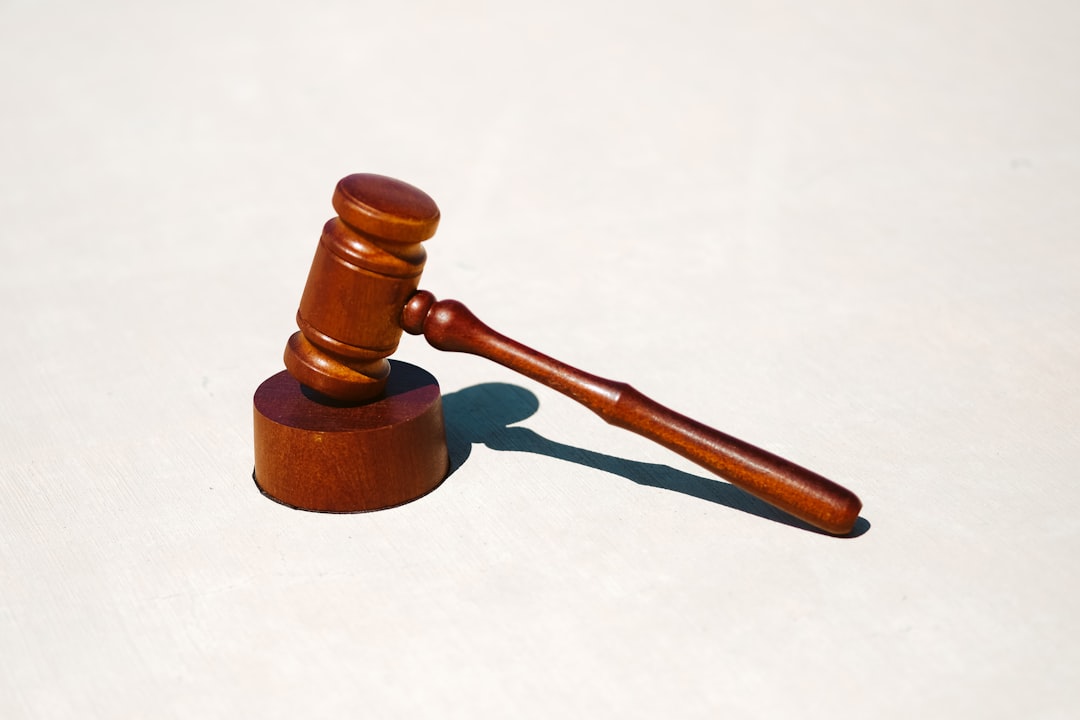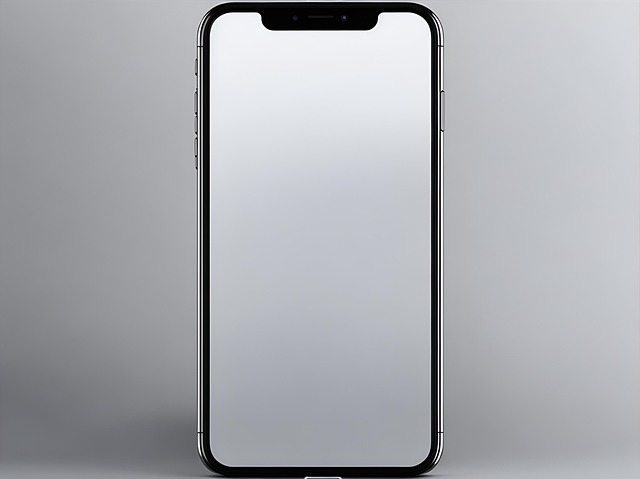Robocalls are a widespread issue in Charles Town, West Virginia, and nationwide, sourced from telemarketers, debt collectors, and political campaigns. To combat them, residents should register on the National Do Not Call Registry, use call-blocking apps, and report robocalls. By combining these strategies, individuals can significantly reduce unwanted automated calls.
In Charles Town, navigating the deluge of robocalls has become a common nuisance for many residents. Understanding and combating these automated calls is crucial for maintaining privacy and peace of mind. This guide explores best practices to avoid robocalls in West Virginia, including identifying common sources, implementing robust call blocking techniques, and reporting persistent intruders. By following these steps, you can better protect yourself from unwanted interruptions and reclaim control over your communications.
Understanding Robocalls in West Virginia

Robocalls, or automated phone calls, have become a ubiquitous and often unwanted part of daily life in West Virginia, as they are across the nation. In Charles Town, like many places, these automated messages can range from political campaigns to marketing efforts, sometimes even fraudulently attempting to gather personal information. Understanding how robocalls operate is the first step in protecting yourself. By recognizing common tactics and legal protections, residents of West Virginia, including Charles Town, can better navigate this modern nuisance.
In terms of regulation, the Telephone Consumer Protection Act (TCPA) plays a crucial role in limiting robocalls. This federal law prohibits automated calls from using prerecorded messages without prior express consent. It’s important to know your rights and take proactive measures, such as registering on the National Do Not Call Registry or utilizing call-blocking apps. By staying informed and adopting best practices, individuals can significantly reduce their interaction with robocalls in West Virginia.
Identifying Common Sources of Robocalls

Robocalls are a pervasive issue in Charles Town, just like in many other parts of West Virginia and the nation. Identifying their sources is a crucial first step in mitigating this problem. Common sources of robocalls include telemarketing companies, debt collectors, and political organizations. These entities often use automated dialing systems to make mass calls, hoping to catch a high number of people who may be interested in their products or services, or who owe money.
To avoid these unwanted calls, it’s essential to be aware of the common strategies used by robocallers. This includes being cautious when sharing your contact information, especially with unknown sources. Additionally, using call-blocking apps and registering your number on “Do Not Call” lists can significantly reduce the volume of robocalls you receive. Stay vigilant and take proactive measures to reclaim control over your phone lines.
Implementing Effective Call Blocking Techniques

Implementing effective call blocking techniques is a robust defense against robocalls in Charles Town, West Virginia. Start by utilizing built-in call blocking features on your home phone or mobile device. Many modern devices have smart calling features that can automatically filter out known spam calls. Regularly update these settings to adapt to evolving robocall patterns.
Additionally, consider investing in a dedicated call blocking service. These services employ sophisticated algorithms and extensive databases to identify and block robocalls with high accuracy. By integrating such a service into your phone system, you can significantly reduce the number of unwanted calls received, enhancing your overall communication experience.
Reporting and Preventing Future Robocalls

In Charles Town, as across West Virginia, reporting robocalls is a crucial step in preventing future unwanted calls. When a robocall is received, the first course of action should be to hang up immediately and avoid engaging with the caller. Next, report the number to the National Do Not Call Registry. This federal list helps filter out unwanted calls by blocking them from contacting known consumers again. Additionally, many state and local authorities offer tools to block or report robocalls, so it’s beneficial to explore these options as well.
To further protect against robocalls, consider updating privacy settings on your phone and using call-blocking apps or services. These measures can significantly reduce the number of robocalls received. It’s also wise to be cautious about sharing personal information over the phone and verify the identity of callers before providing any details, especially when dealing with unknown numbers. By combining these practices, residents of Charles Town can better defend themselves against the incessant tide of robocalls.






